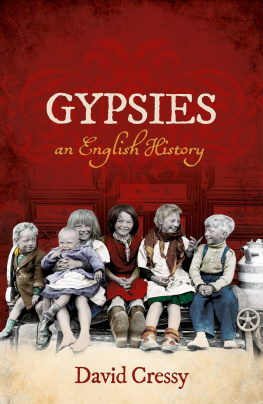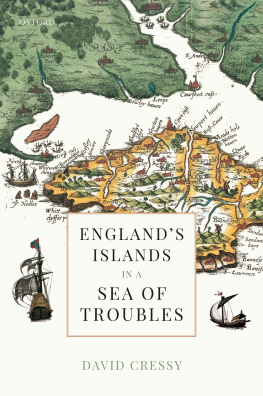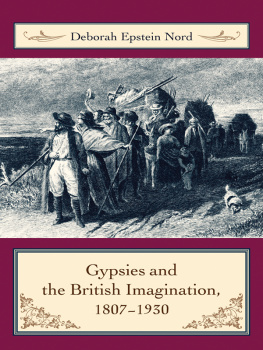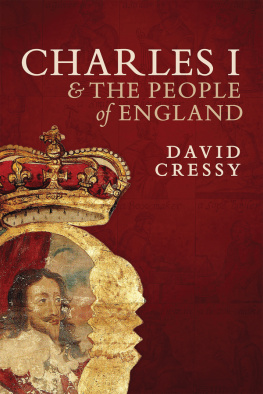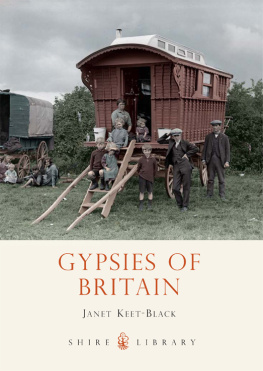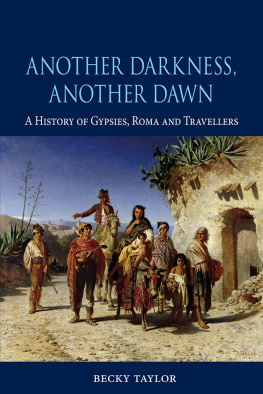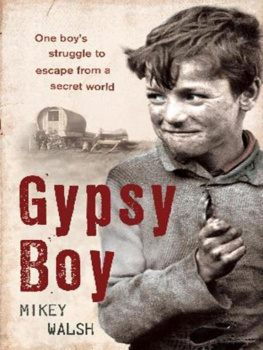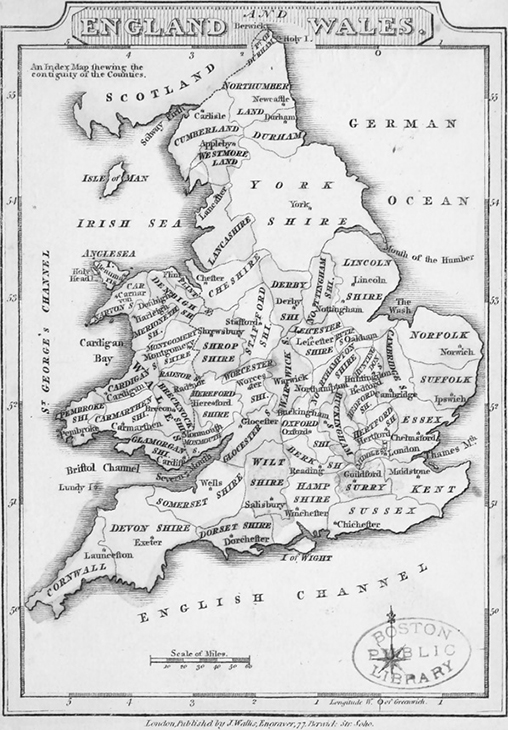Gypsies hover around the margins of English society, an elusive and sometimes menacing presence. Commentators over the ages have found them troublesome and unfathomable, fascinating and infuriating. As travelling people, wandering, roaming, here today and gone tomorrow, the Gypsies of history made intermittent contact with settled society, and occasional impact upon it. Gypsies confused the categories and offended the sensibilities of social leaders. Observers did not know what to make of them, or what to do with them, though they were sure they were undesirable. Lacking a place in the social mainstream, and not identified by status, occupation, or address, the Gypsies defied all efforts of reformation, correction, removal, or analysis. Understanding them, in the world in which they lived, poses challenges that continue today.
This book brings Gypsies out of the shadows, illuminating their doings and dealings from their first appearance in England in the early sixteenth century to the present. It seeks not only to recover the experience of the Gypsies themselves, so far as the evidence allows, but also to understand the social anxieties and political responses of the society through which they travelled. Dependent upon historical sources, the story told in these pages inevitably dwells more on their interactions with the state and society than the Gypsies inner world. Gypsies touched a nerve in the English polity, and the cultural and legal reactions of the community reveal areas of social stress. Attending to Gypsies exposes the fears and alarms that led to their vilification, and also the processes of engagement that afforded them a niche in the economy of wayfaring. By considering Gypsies as a people whose history deserves analysis, rather than a pathology to be examined, we may also learn something about ourselves.
Popular opinion has embraced a range of opinions regarding Gypsies, as undesirable aliens, counterfeit imposters, vagrant scum, and all thieves and whores. They have been idealized as free and noble, and excoriated as corrupt and loathsome. Their image is protean, unstable, and chiaroscuro. Early modern culture vilified Gypsies as idle, dirty, deceitful, and promiscuous practitioners of fraudulent fortune-telling and petty theft, a stereotype that still persists. Their itinerancy and apparent fecklessness posed challenges to the culture of order and regularity. State authorities subjected them to expulsion, mutilation, the galleys, or the gallows, though generally, in practice, they preferred to leave Gypsies alone. Tudor parliaments legislated more vigorously against Gypsies than against witches, though those laws were rarely enforced. Subsequent statutes concerning vagrancy, encampments, and the highways subjected Gypsies to harassment and arrest. Public authorities have sought to control their movement and settlement, and moral reformers have sought their assimilation. Some have even denied that they exist. The press has often sneered at them, but local attitudes were much more ambivalent than conventional summaries would suggest. Histories of prejudice and exclusion coexisted with accommodation, indulgence, engagement, and toleration.
I use the word Gypsy because that was their historical denomination (corrupted from Egyptian, their presumed identity of origin), most commonly used in my sources. Only since the late eighteenth century have Gypsies been linked to India, and only in modern times have they been known as Rom, Roma, Romany, or in England Romanichals. Only since the twentieth century have some been known as Travellers. Though many Roma activists today regard Gypsy as an alien and disparaging term, worse than Indian for indigenous Americans, others embrace the designation. The terms are often used interchangeably, according to context and circumstance. European activists are especially sensitive to the racist connotations of the term Gypsy, though others comfortably use Gypsies and Romanies as synonyms. The titles of The Journal of the Gypsy Lore Society, its successor Romani Studies, and the new Journal of Gypsy Studies reveal the variation in international approaches.
Like all terminology for social identity, the choice of words invites controversy. Simply writing Gypsy has political resonance, since the capital G alludes to a people, whereas lower-case gypsies may merely signify a lifestyle. At stake are judgements about ethnicity, social practice, and history. In this work I have standardized renditions of gipsy or gipsey to Gypsy, except in titles of publications or where the sense of quotations requires original usage. I prefer not to use the Romani word gorgio (or its variants gaujo, gadze, and so on) to describe non-Gypsies, a practice that risks a condescending affectation of solidarity.
I claim no Gypsy or Traveller heritage, although I grew up on the western outskirts of London among older relatives who did. The aunts on my mothers side told family stories, no doubt fanciful, of a Devonshire aristocrat whose daughter ran away with a Gypsy. The tale then turned more substantially to Caroline Parker, my great-grandmother (18591929), who was raised in a travelling van among Victorian Gypsy tinsmiths, basket-makers, and general hawkers. Caroline married the builders labourer John Forward, and settled on the borders of Surrey and Kent, while her siblings continued to travel. My mother recalled visiting her Gypsy great-aunts in a caravan on Epsom Downs in the 1920s, and was impressed because they showed her a basket of gold sovereigns. The story has no bearing on my scholarly work, although it may have piqued a lifelong interest.

